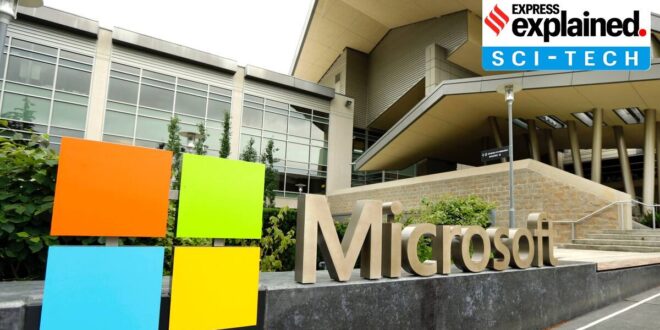Generative AI: Everything You Need to Know
Generative artificial intelligence has been a buzzword this year, with Microsoft and Alphabet racing to launch products with the technology they believe will change the nature of work. Here is everything you need to know about this technology.
What is Generative AI?
Generative AI learns how to take actions from past data, like other forms of AI. However, it creates brand new content, such as text, an image, or even computer code based on that training. This sets it apart from other forms of AI that identify or categorize data. One of the most famous generative AI applications is ChatGPT, a chatbot that OpenAI released in late 2019, which can write human-like responses based on text prompts.
OpenAI has recently unveiled a newer model, GPT-4, which is “multimodal” because it can perceive not only text, but also images. With GPT-4, one can generate a real website from a hand-drawn mock-up.
What is Generative AI Good For?
Businesses are using generative AI to create a first draft of marketing copy or to take notes during virtual meetings. It can also create personalized emails and slide presentations. For example, CarMax Inc used OpenAI’s technology to summarize thousands of customer reviews and help shoppers decide which used car to buy. Microsoft and Alphabet each demonstrated similar features in product announcements this week.
What are the Concerns with Generative AI?
Some concerns about generative AI include potential abuse by students using it to write essays, and bad actors producing disinformation more easily. The technology is also prone to making mistakes, such as factual inaccuracies or erratic responses. To combat these issues, businesses aim to test the technology before making it widely available.
Is Generative AI Only About Google and Microsoft?
While Microsoft and Google are at the forefront of research and investment in large language models, other companies such as Salesforce and Adept AI Labs are also creating their own competing AI or packaging technology from others to give users new powers through software.
What about Elon Musk?
Elon Musk was one of the co-founders of OpenAI along with Sam Altman but left the board in 2018 to avoid conflicting interests with the AI research being done by Tesla. Musk has expressed concerns about the future of AI and called for a regulatory authority to ensure development of the technology serves the public interest.
“It’s quite a dangerous technology,” Musk said during Tesla’s Investor Day earlier this month. “I fear I may have done some things to accelerate it. Tesla’s doing good things in AI, I don’t know, this one stresses me out, not sure what more to say about it.”
Generative AI has the potential to revolutionize various industries, but the concerns surrounding its use must be addressed before it becomes widely adopted.
 Mind Uncharted Explore. Discover. Learn.
Mind Uncharted Explore. Discover. Learn.



